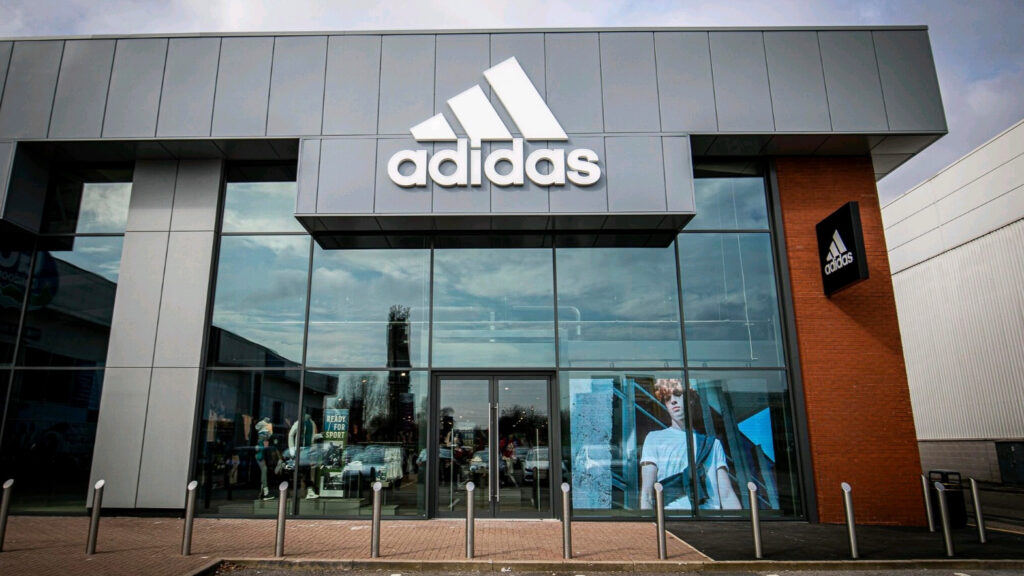Adidas, the renowned German sportswear brand, reported its first annual loss since 1992, citing a challenging year and predicting a decline in North American sales due to retailers facing high inventory levels.
The loss comes after the company ended its partnership with Kanye West in October 2022, halting the lucrative Yeezy sneaker sales.
Under the new leadership of CEO Bjorn Gulden, Adidas has been navigating through these challenges by resuming Yeezy sales to reduce stock, focusing on enhancing its core product lines like Samba and Gazelle, and improving retailer relations.
Gulden’s efforts have started to show promise, with Adidas shares performing well against competitors like Nike and Puma.
Gulden expressed cautious optimism, stating, “Although by far not good enough, 2023 ended better than what I had expected at the beginning of the year.”
Despite this, Adidas anticipates a 5% drop in North American sales for the current year, reflecting ongoing market difficulties.
The brand also reported a significant inventory reduction and a 24% decrease in overstocked products through outlet sales, attributing some of the logistical challenges to the Red Sea crisis.
The company, acknowledging the competitive landscape and a dip in consumer interest in sportswear, remains hopeful for a rebound, particularly in its non-Yeezy business, forecasting a growth spurt in the latter half of 2024.
Adidas has seen a positive trend in low-rise suede sneakers, with notable increases in footwear sales.
This success contrasts with a decline in apparel, yet signals a strategic shift towards products with higher demand and less need for discounts.
Thomas Joekel from Union Investment praised Adidas’s direction under Gulden’s leadership, highlighting increased brand appeal and strategic pricing.
Additionally, Adidas is optimistic about its performance in China, expecting double-digit sales growth following an 8% increase in 2023.
Despite uncertain demand for the remaining Yeezy stock, Adidas has managed to generate substantial revenue and profit from these sales, also committing to charitable donations to combat antisemitism and racism.
In light of its financial results, the company’s board plans to maintain a stable dividend payout, reflecting a commitment to shareholder value even amid financial setbacks.
